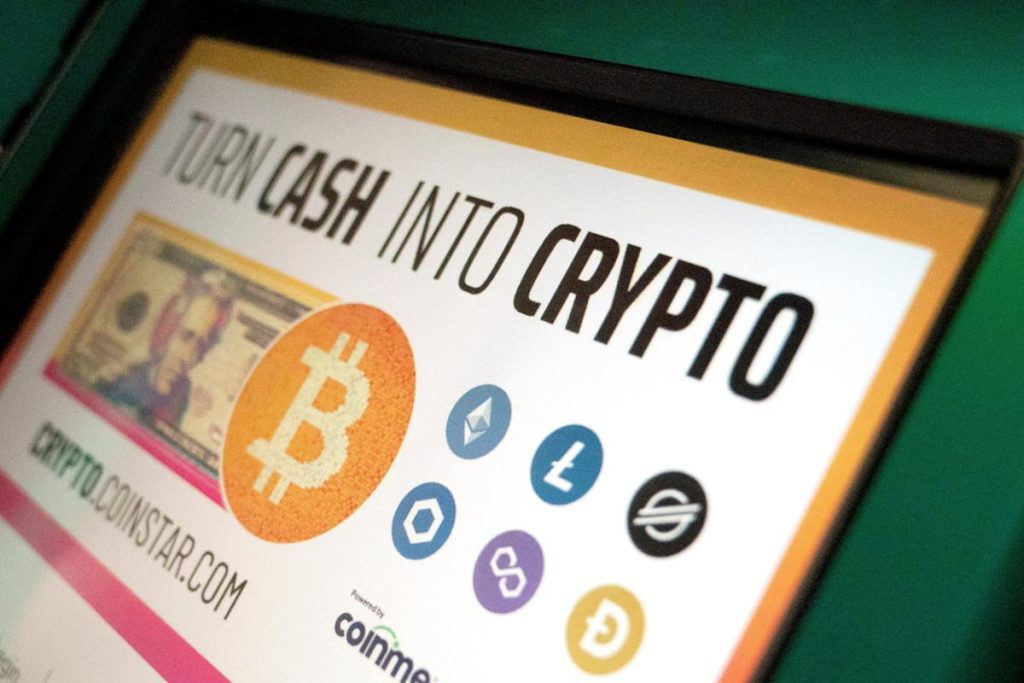PROVIDENCE – In a letter to state lawmakers, Timmons Roberts opened up about a recent unpleasant experience: “On April 16th, 2024, I was scammed. Pretty badly.”
Roberts, a 64-year-old professor of environmental studies at Brown University, expressed his regrets, saying he shared his experience in hopes of preventing others from falling victim to similar scams. The incident involved CoinStar machines located in supermarkets.
For Roberts, the financial loss of $2,200 was not the most distressing part but rather the lingering effects of the experience: the convincing impersonation of a federal marshal by the scammer, his shaken trust in people, and the humiliation of having been deceived.
He reflected, “People tend to believe that they are too smart to be scammed, thinking it only happens to ‘clueless’ individuals. Speaking with the FBI helped me realize the truth—people of all backgrounds, including those with high education, can fall prey to such scams, often feeling too embarrassed to admit it.”
Roberts recounted how he was duped during a State House hearing on legislation aimed at regulating the cryptocurrency sector, a major concern for AARP Rhode Island this year.
Crypto scams are rampant across Rhode Island
Police Chief Paul Gingerella of Westerly informed legislators of serious financial damages from cryptocurrency scams, reporting instances of individuals losing up to $40,000 in just two days.
In 2023, the FBI revealed that Americans collectively lost over $5.6 billion to cryptocurrency fraud, with Rhode Islanders accounting for $2 million of that figure. The scams often involve transactions through cryptocurrency ATMs, termed “crypto kiosks,” that are found in various retail locations across the state.
Legislative Proposal Overview
The bill proposed by Rep. Julie Casimiro and Sen. Victoria Gu aimed to establish regulations for cryptocurrency kiosks, including licensing operators, imposing a $1,000 daily transaction limit per vendor, and capping transaction fees at $5 or 3% of the transaction amount, whichever was higher. Additionally, kiosk operators would be mandated to refund transactions for fraudulent cases.
Following negotiations, a compromise was reached, stipulating that new customers could only transact up to $2,000 per day, while existing customers would have a cap of $5,000. The plan also removed the fee cap provisions starting November 2025, ensuring customers receive full refunds for fraudulent transactions and transaction fee reimbursements.
Understanding the Scam: What Happened
Roberts detailed how he received a phone call while driving, claiming he was in contempt of court for failing to attend jury duty. A supposed federal officer informed him that he could either appear in court or pay a fee via a CoinStar machine. Despite the absurdity of the scenario, he complied, only realizing it was a scam after consulting with bank staff who advised him against further communication with the caller.
This article was originally published by The Providence Journal: Cryptocurrency kiosks are a favorite of scammers, and may be regulated in RI



